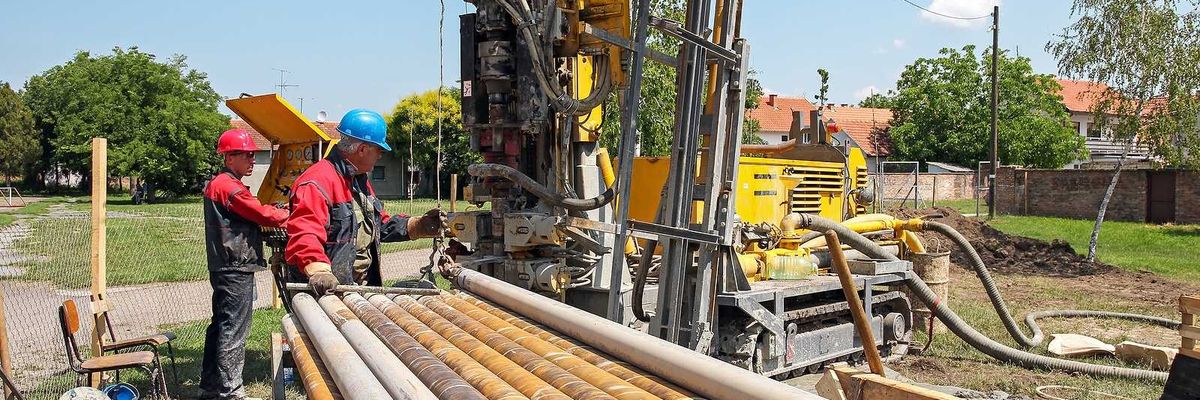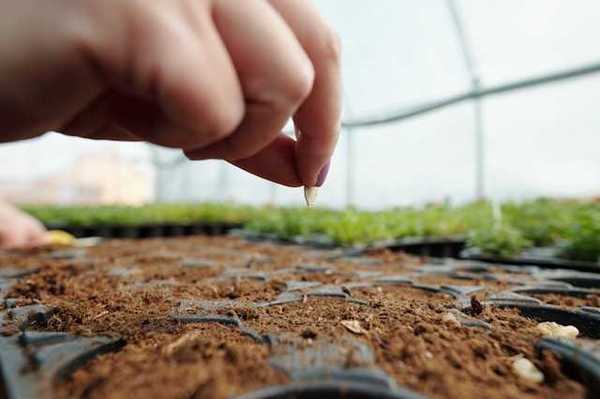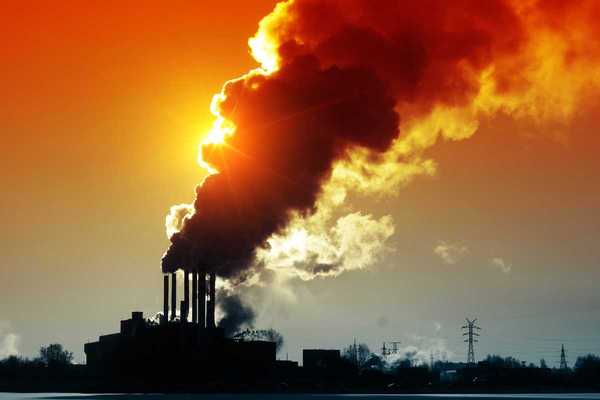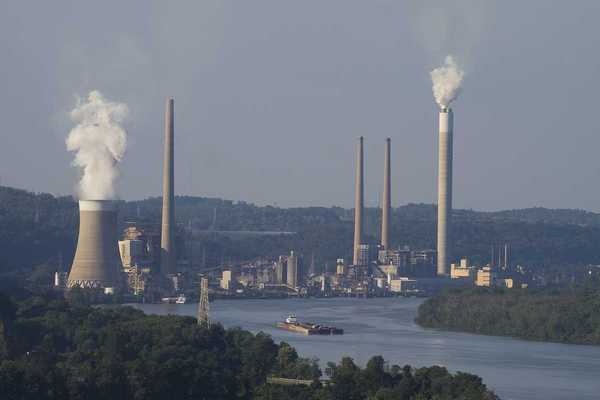public health
Newsletter
Credit: Tiago Ferreira/Unsplash
Ford and G.M. face a dilemma as China excels in electric vehicles
General Motors, Ford and other established automakers risk becoming relics if they don’t catch up to Chinese carmakers and technology companies in electric vehicles and self-driving cars.
Credit: Getty Images/Unsplash+
A network is racing to save the Midwest’s native seeds
As wildfires and extreme weather intensify, a coalition led by the Chicago Botanic Garden is working to shore up the Midwest’s dwindling supply of native seeds.
Newsletter
Credit: vladek/BigStock Photo ID: 46192432
Supreme Court fight over HFCs takes aim at power of Congress
A new petition to the high court marks the latest effort by conservative groups to revive the nondelegation doctrine.
Opinion
Credit: Mikhail Dudarev/BigStock Photo ID: 14021453
Opinion: Beyond ‘endangerment’: Finding a way forward for U.S. on climate
Environmentalists are challenging the EPA’s repeal of the “endangerment finding,” which empowered it to regulate greenhouse gases. Whether or not the action holds up in court, now is the time to develop climate strategies that can be pursued when the political balance shifts.
Credit: Joeri Mombers/Unsplash
State lawmakers introduce bills to fight water pollution from cruise ships
The bills, from Sen. Jesse Kiehl and Rep. Sara Hannan, would push cruise lines to use cleaner fuel.
Credit: Martti Salmi/Unsplash
Ferries emit ‘more sulphur pollution than cars’ in several EU capitals
Dublin, Helsinki, Stockholm and Tallinn among port cities more choked by sulphur oxides from ferries, analysis shows
Credit: joshuaacarr/BigStock Photo ID: 82932053
Environmental groups challenge air permit for natural gas expansion at Atlanta plant
The Sierra Club and Southern Environmental Law Center are suing over state regulators’ approval of new gas turbines at Plant Bowen, citing concerns about worsening air quality.
ORIGINAL REPORTING
MOST POPULAR
CLIMATE
















